Holtab Back in Nepal: “Together with Local Partners, We Make a Difference”
During this year’s Holtab journey to Nepal, one of the main objectives was to check in on two entirely new projects. In the remote and impoverished region of Jajarkot, two schools have been built for children following last year’s earthquake.
“Thanks to our efforts, we’re making a significant difference for people. It feels great,” says Gordon Gunnarsson, Holtab’s Technical Manager, who visited Nepal for the seventh time.
The purpose of Holtab’s community engagement is to help create a better and more sustainable world. Holtab’s work in Nepal dates back to 2007 and encompasses everything from electrification to building schools.
This year, four Holtab employees—Gordon Gunnarsson, Sandra Fridenborn, Sanna Moberg, and Musse Saied—travelled to Nepal. They were joined by two colleagues from ABB.
“It was exciting to have ABB join us. They wanted to see how we work in Nepal and have also co-funded the schools in Jajarkot,” Gordon explains.
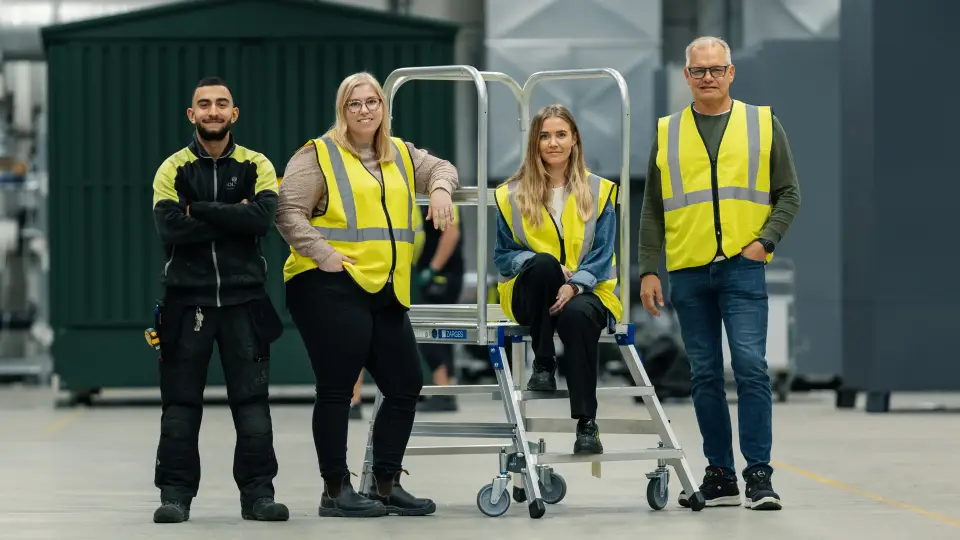
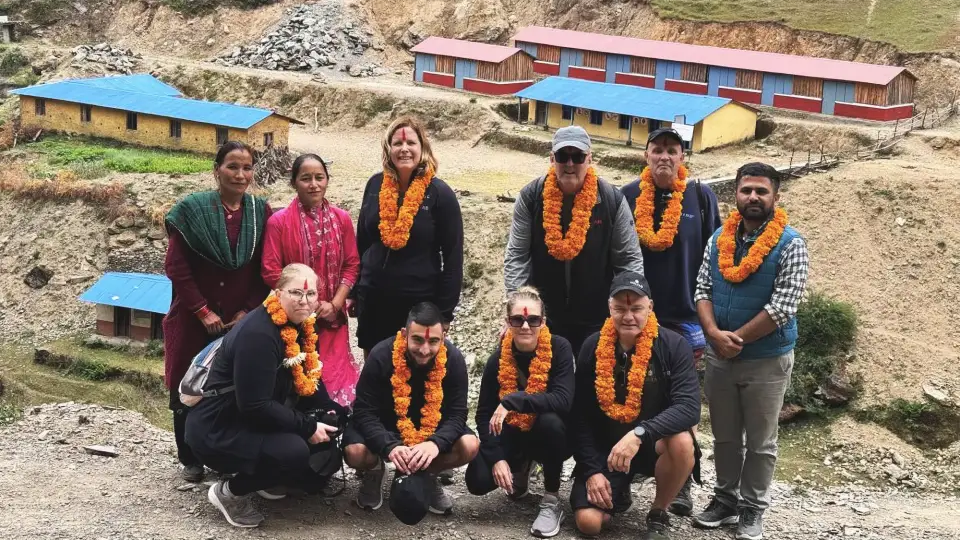
Schools Built
Jajarkot, located in northwestern Nepal, is a poor region with underdeveloped infrastructure. Last year’s earthquake destroyed tens of thousands of homes, including two schools.
Following a recommendation from Holtab’s partner Build up Nepal, it was decided to support the construction of new schools. ABB and Holtab each contributed an equal amount of funding, and with the help of other donors, two schools with space for 400 students were built.
“Reaching Jajarkot was a challenge. The roads were extremely bad, and the distances were long. We spent a lot of time in the car,” says Sandra Fridenborn, Holtab’s Communications Officer, who visited Nepal for the first time.
Once there, Holtab could confirm that the construction of the new schools had been successful and that they were already making a significant impact on the local community.
“The teachers told us how much the schools mean to them. It’s incredibly rewarding to see the results, and we believe there will be more projects in the region in the future,” Sandra says.
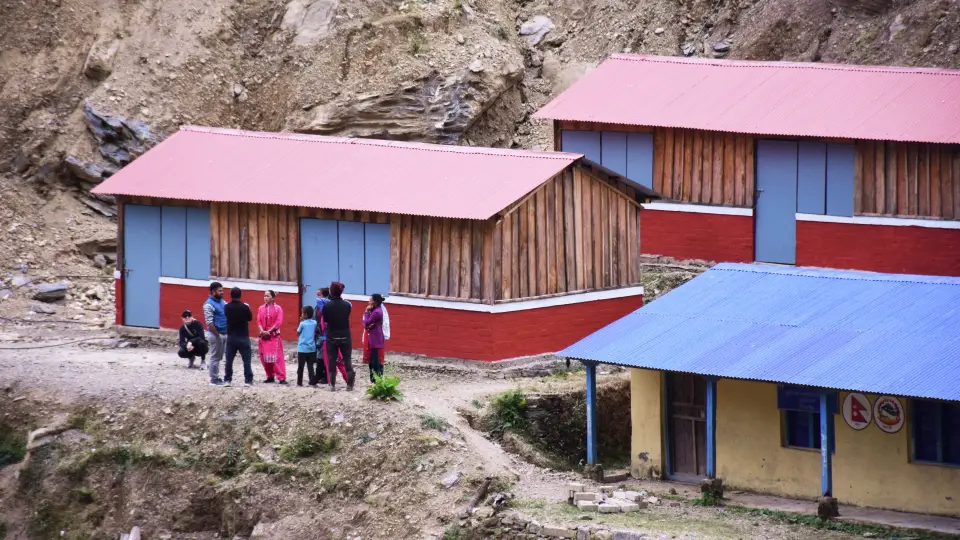
Lights Provide Safety
This year’s trip, which took place over three weeks in November, included visits to villages where Holtab is involved in various projects. From hydropower plants to health clinics, everything was inspected. In one village, lamps controlled by a twilight switch are used to deter wild animals from entering the village at night and attacking livestock.
The success of Holtab’s initiatives is closely tied to their long-term approach. The company maintains strong local networks in Nepal.
“We believe in projects where everyone is involved. We listen to one another, and all participants in the projects have equal value. It’s all about collaboration,” Gordon says.
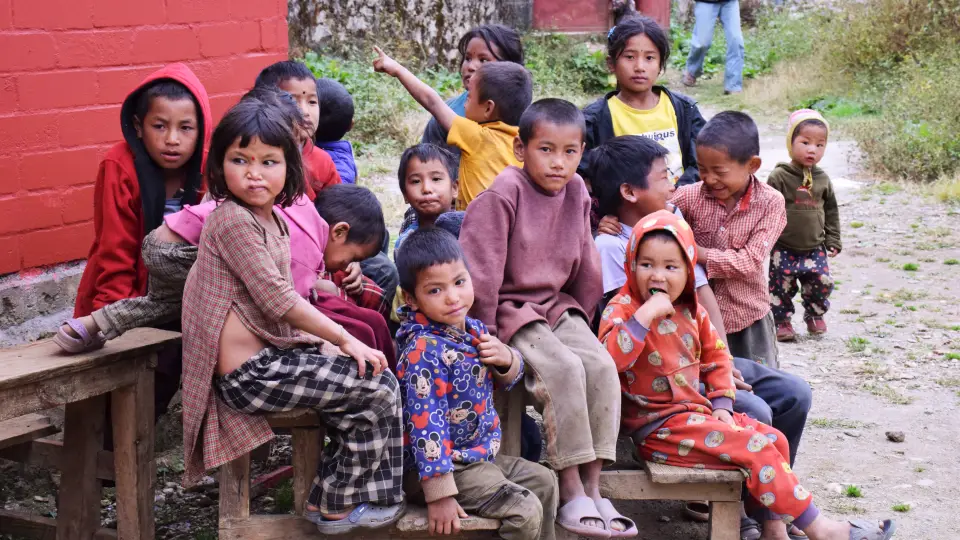
Over the years, many villagers have become long-term acquaintances.
“The people I’ve met feel almost like a second family. I’ve seen their children grow up,” Gordon adds.
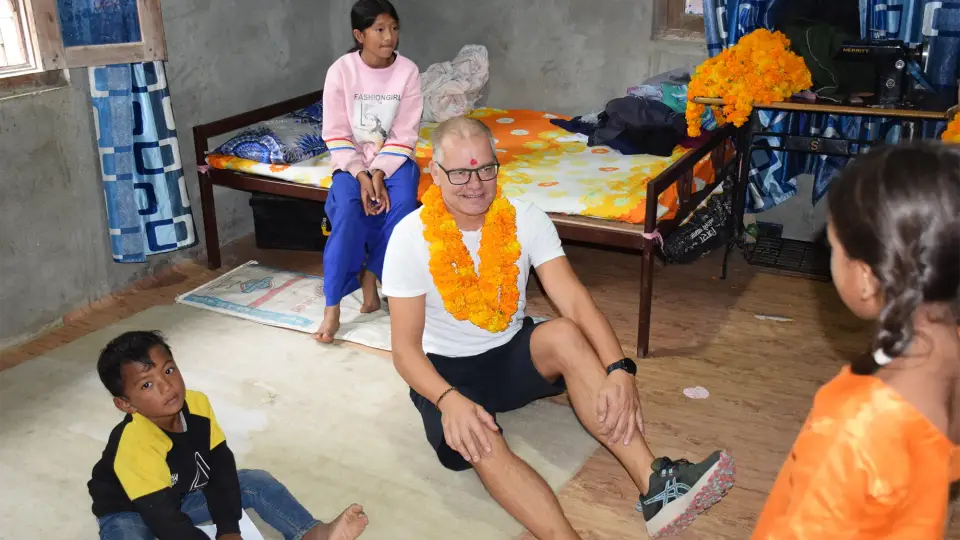
Strengthening the Team
In addition to helping people in Nepal, these trips foster team cohesion among Holtab employees. Teams are made up of individuals with different skills, often from various departments.
“There’s a strong sense of camaraderie when we’re in Nepal. We live in tents and face many unexpected challenges that we have to solve together. We bring these experiences back home, and they become part of everyday life at Holtab,” Gordon explains.
Holtab is a values-driven company with courage and heart. Employees who have travelled to Nepal gain an invaluable insight into the difference Holtab’s efforts make for the people living in the villages.
“There was a wonderful sense of purpose while we were in Nepal. It feels amazing to have been part of making a difference,” Sandra concludes.
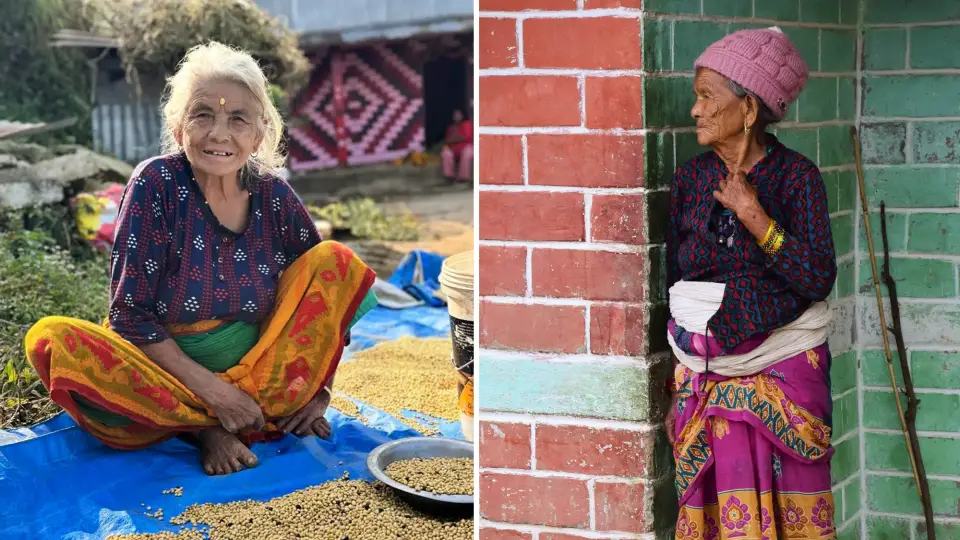
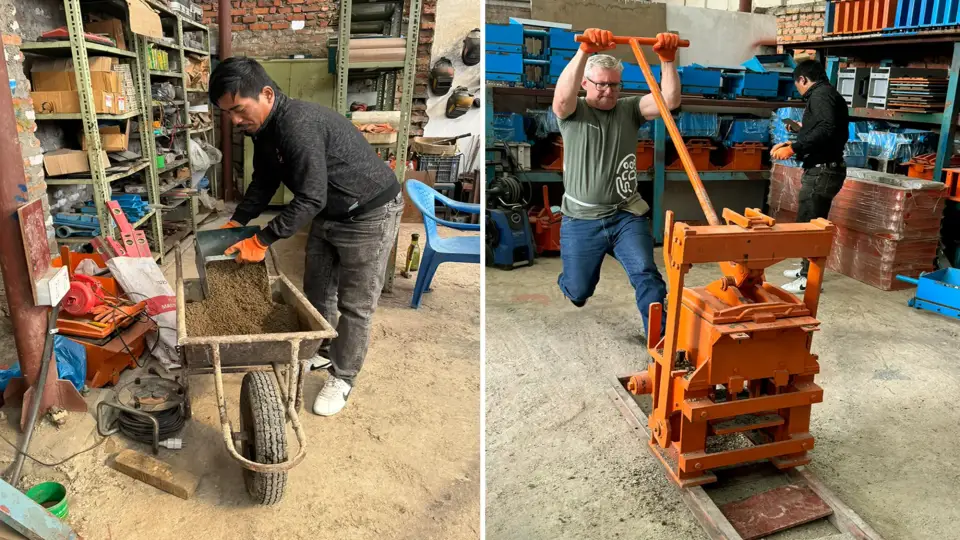
Examples of Holtab’s Contributions
Jyamrung:
- A hydropower plant, which before the national grid was expanded, supplied 150 households with electricity.
- Construction work has made two workshops brighter, more spacious, and safer.
- A school and a health clinic have been built.
Ratomate:
- Night-time lights that keep wild animals away from the village.
Jajarkot:
- Two schools built after the earthquake, providing classrooms for 400 students.
Mahjigaun:
- Water tanks with filters provide clean water to villagers, and individuals with special needs receive support.


